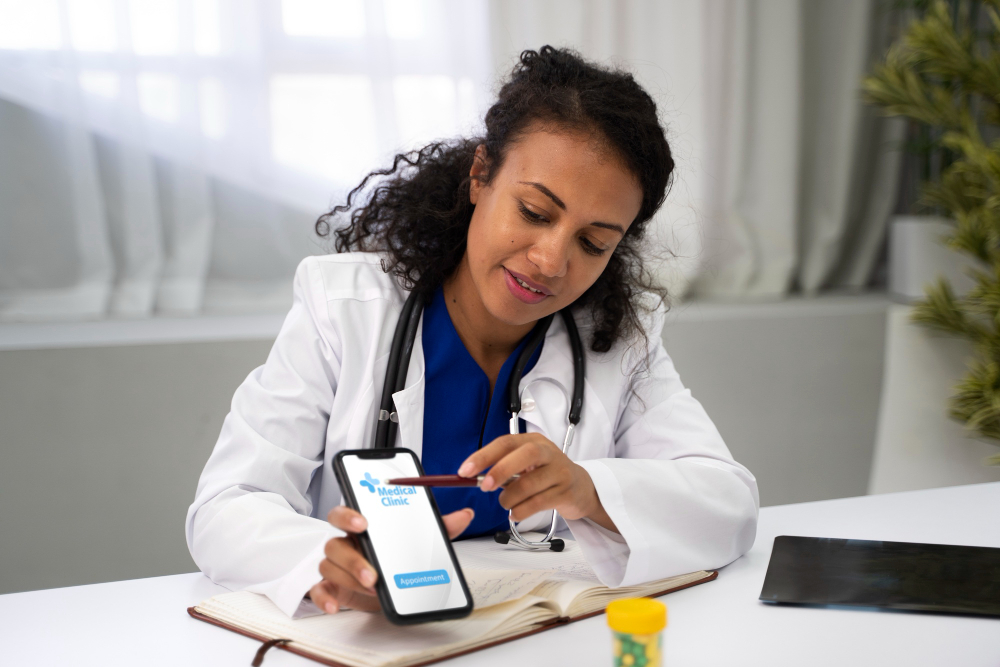In today's digital-first world, healthcare app development is no longer limited to creating simple appointment booking platforms. With the rapid advancement of artificial intelligence (AI), healthcare mobile apps are becoming smarter, more intuitive, and significantly more patient-centric. One of the most transformative aspects of AI integration is its ability to enhance user experience — a critical factor for engagement, retention, and ultimately, better health outcomes.
Why User Experience Matters in Healthcare Apps
User experience (UX) in healthcare apps is about more than just aesthetics or usability. It’s about creating a seamless, supportive, and even life-saving interface for patients, doctors, and caregivers. Poor UX can lead to user frustration, reduced app adoption, and worse, treatment non-compliance. Hence, healthcare app development companies are turning to AI to personalize and streamline the user journey.
AI-Powered Personalization: Meeting Patients Where They Are
One of the biggest challenges in healthcare is that every patient is different. AI algorithms can analyze user behavior, preferences, and health data to personalize content, reminders, and recommendations. For instance:
- Fitness and diet suggestions tailored to user goals and medical history.
- Medication reminders adjusted based on time zones or user behavior.
- Symptom checkers that provide dynamic feedback based on patient inputs.
By offering tailored experiences, healthcare apps can keep users engaged and active in managing their health.
Natural Language Processing (NLP): Making Healthcare More Conversational
Chatbots and virtual assistants powered by Natural Language Processing (NLP) have revolutionized communication in healthcare mobile apps. Patients can ask questions, schedule appointments, and even receive medical advice through conversational interfaces.
- 24/7 AI chat support reduces the need for human intervention for routine queries.
- Voice-enabled features help elderly or differently-abled users navigate the app more easily.
This conversational approach enhances accessibility and builds trust with users.
Predictive Analytics: Proactive Instead of Reactive
AI can analyze patterns in user health data and predict potential issues before they arise. This kind of predictive analytics is especially valuable in managing chronic diseases or preventing hospital readmissions.
For example:
- A diabetes management app can alert users of abnormal glucose levels based on trends.
- Mental health apps can flag signs of depression or anxiety early based on usage patterns and self-reported symptoms.
This proactive approach turns healthcare apps into preventive tools rather than reactive ones.
AI for Accessibility and Inclusivity
A key pillar of user experience is accessibility. AI-powered healthcare apps can cater to a diverse range of users:
- Voice commands for users with motor impairments.
- Text-to-speech for visually impaired patients.
- Multilingual interfaces for non-native speakers.
Incorporating AI ensures healthcare apps are usable for all, regardless of age, ability, or background.
Secure and Smarter Data Management
AI also supports smarter data handling and compliance. With built-in AI-driven data categorization and anomaly detection, healthcare app development companies can ensure:
- Better compliance with regulations like HIPAA and GDPR.
- Detection of data breaches or unauthorized access.
- Real-time monitoring of system health and user activity.
By making security an integral part of UX, AI helps build trust — a cornerstone in healthcare.
Final Thoughts
AI is redefining what’s possible in healthcare app development. From personalized journeys to predictive health monitoring and intelligent support, AI enriches every touchpoint of the user experience. As patient expectations grow and competition intensifies, integrating AI isn’t just an innovation — it’s a necessity for delivering value-driven healthcare solutions.
Whether you're building a chronic care management tool, a telemedicine app, or a wellness tracker, leveraging AI can set your healthcare mobile app apart and truly make a difference in users’ lives.





Comments